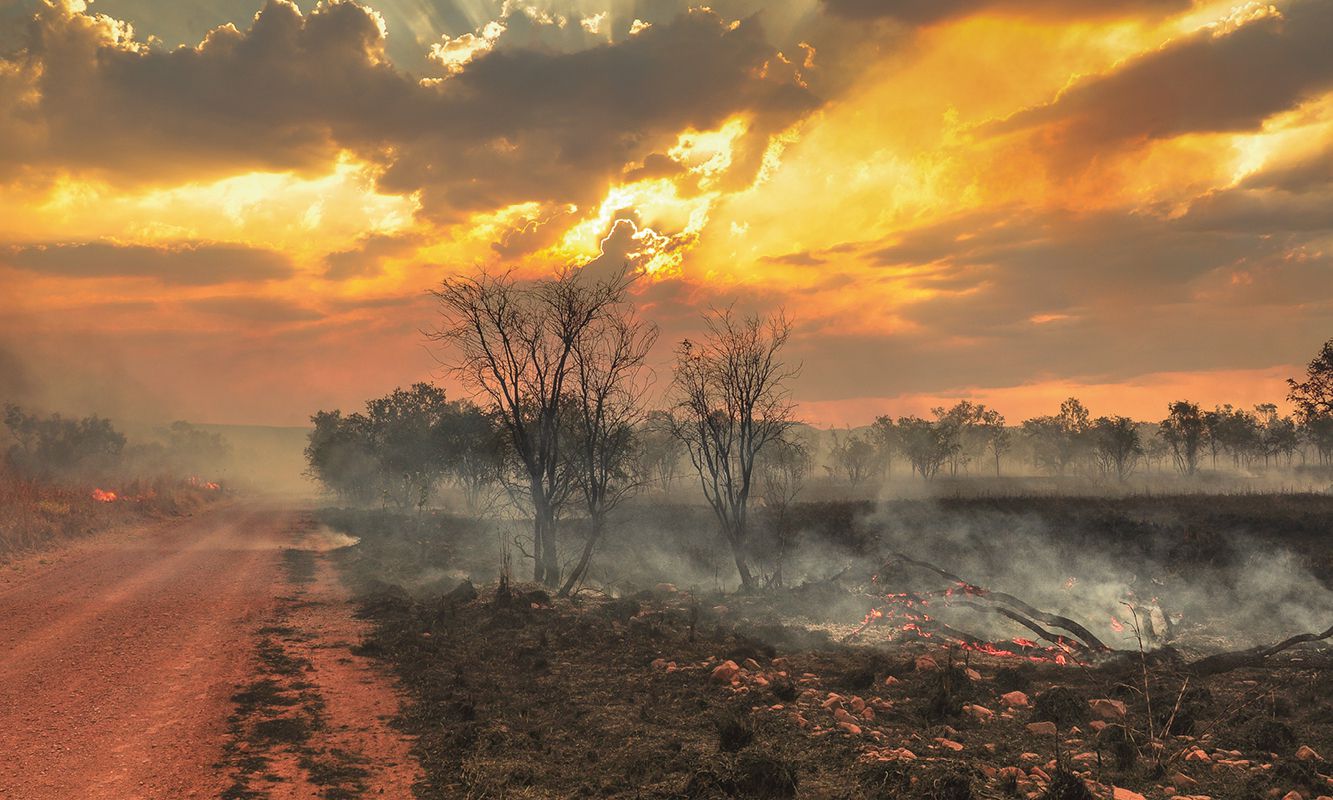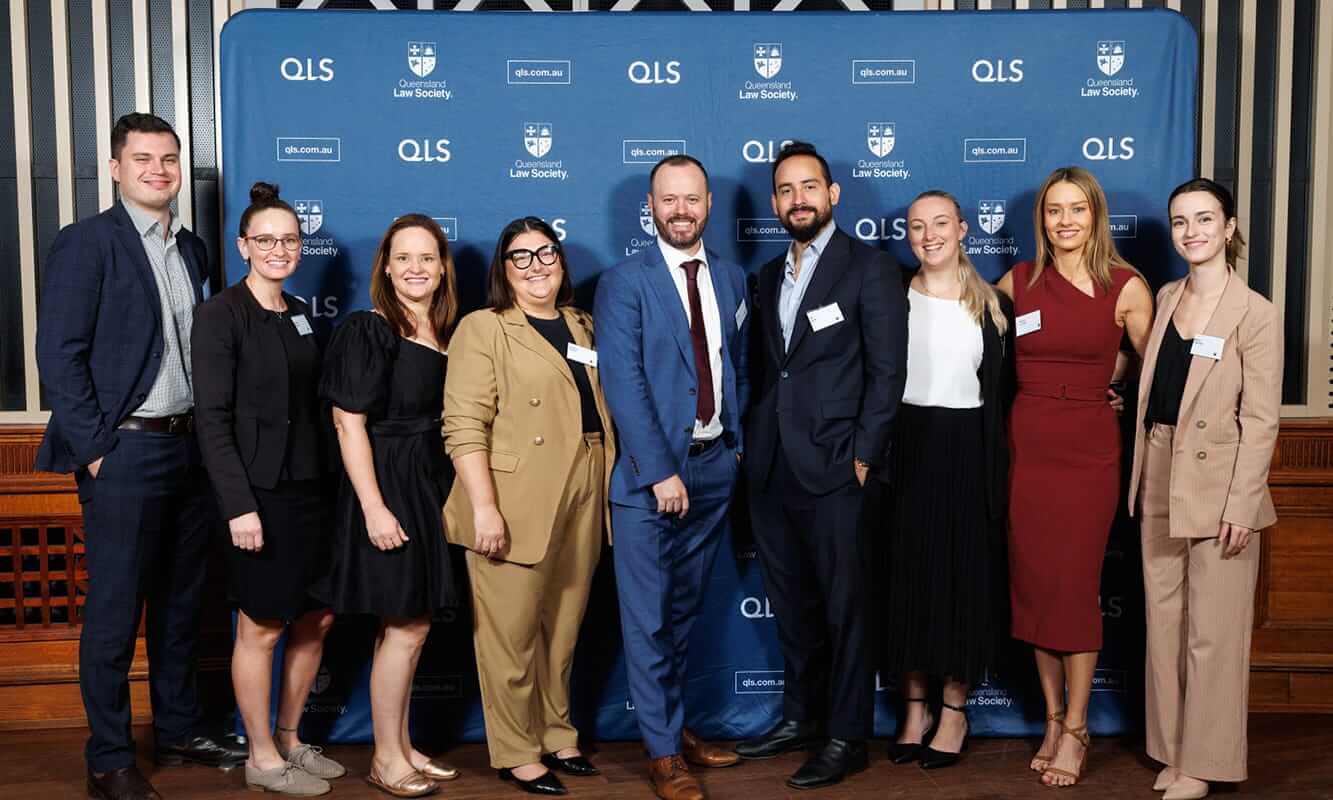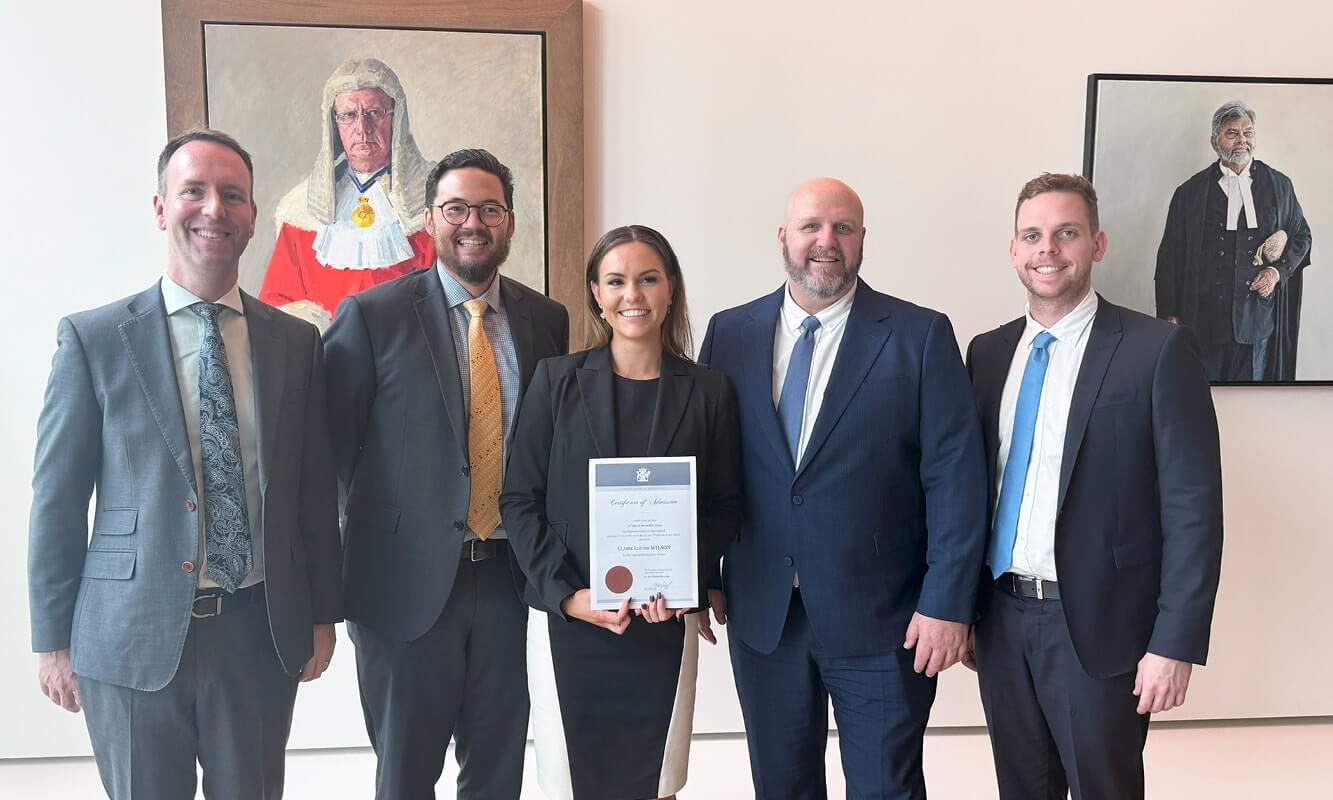Right around Australia we are seeing an increase in the number and severity of disasters affecting the community.
Over the past two decades, Legal Aid Queensland has had significant experience helping people affected by disasters, including floods, cyclones, bushfires and earthquakes, with their recovery.
Over the years, we have learned many lessons about how lawyers can best help following a disaster.
It is crucial for lawyers to be aware of the issues following a disaster that might affect Queenslanders’ ability to understand their legal rights and how to help them access justice.
Barriers to accessing justice following a disaster
- The lawyer’s office may have been damaged during the disaster or it may not be safe to visit. (Remote working due to COVID has helped ease this problem.)
- The client can’t attend court safely and doesn’t have access to technology to attend court remotely.
- The disaster can sometimes mean a client can’t comply with court orders, eg parenting orders.
- Disasters disproportionally affect people on lower incomes because they live in areas more prone to be affected by disasters. They are the group that can least afford to pay for legal assistance. The free legal help provided by Legal Aid Queensland, community legal centres and firms that provide pro-bono services can struggle to meet the demand for assistance.
- Disasters cause trauma to everyone. This trauma: increases stress; reduces a client’s ability to make complex decisions; overwhelms the client and affects their mental health and can be heightened where clients have experienced multiple disasters.
- Every organisation that provides assistance has a different form to fill out and requires different documents as evidence for assistance. Having to tell their story multiple times continually retraumatises the client.
- Most of the assistance is available on line or by phone. Following disasters, many of those people affected have no power and so have limited access to phone and internet services.
- Important documents, such as birth certificates and other identity documents, are often lost following a disaster.
- There is a group of clients, affected by disasters, who have never had a legal issue or had to interact with a government department before. This group can struggle to navigate the system and its requirements.
- The best way clients can protect themselves legally from the effects of disasters is by purchasing insurance products. Unfortunately, some Queenslanders can’t afford insurance, which makes it difficult to protect themselves.
Typical legal issues arising from recent disasters
- Family and domestic violence law issues including parenting orders – disasters are accompanied by an increase in domestic violence victims seeking help.
- Rental and tenancy issues – Tenants Queensland does an excellent job assisting tenants following disasters.
- Financial hardship issues – disasters are hard on people and Queenslanders have legal rights when they are in financial hardship.
- Insurance law issues including: poor communication by insurers; delays by insurers; issues with expert reports provided to consumers; claims denied due to an alleged lack of maintenance to the property, wear and tear or defects; claims denied for generators and fuel when properties are on reticulated water (no power means no water or sewage); uncertainty around cash settlements and scope of works and claims for temporary accommodation assistance.
How can lawyers best help Queenslanders following a disaster?
- Build relationships – Queenslanders trust people they recognise and view as being part of the community. People trust who they know. As lawyers we do this already, but it is a good reminder to work with your community and the workers who help in that community (eg social workers, financial counsellors, the Red Cross, Salvation Army, St Vincent De Paul and other similar organisations).
- Disaster law is a niche area of law – seek out training opportunities.
- Be practical and park the legal jargon at the door. Following disasters, people are ready for bite sized, step-by-step information. We have been providing access to legal information and advice through local community Facebook groups and people have appreciated getting help quickly through these groups.
- The recovery is a long one and can take those affected up to 5 years or longer to recover.
- In our experience, each new disaster will create different and unique legal issues – be responsive and open to engaging with different legal issues.
- Referral pathways are important – know who the experts are in particular areas of law and seek guidance or provide referrals as needed.
- Lawyers play an important advocacy role. Your clients’ experiences can be important in helping change the law, policies and procedures that apply to disasters. We have good relationships with the Insurance Council of Australia, insurers, ASIC and the Australian Financial Complaints Authority (AFCA), which have resulted in issues being resolved favourably for consumers without needing to escalate the matter to the AFCA.
Article author Paul Holmes is the Assistant Director, Disaster Relief, Legal Aid Queensland.












Share this article